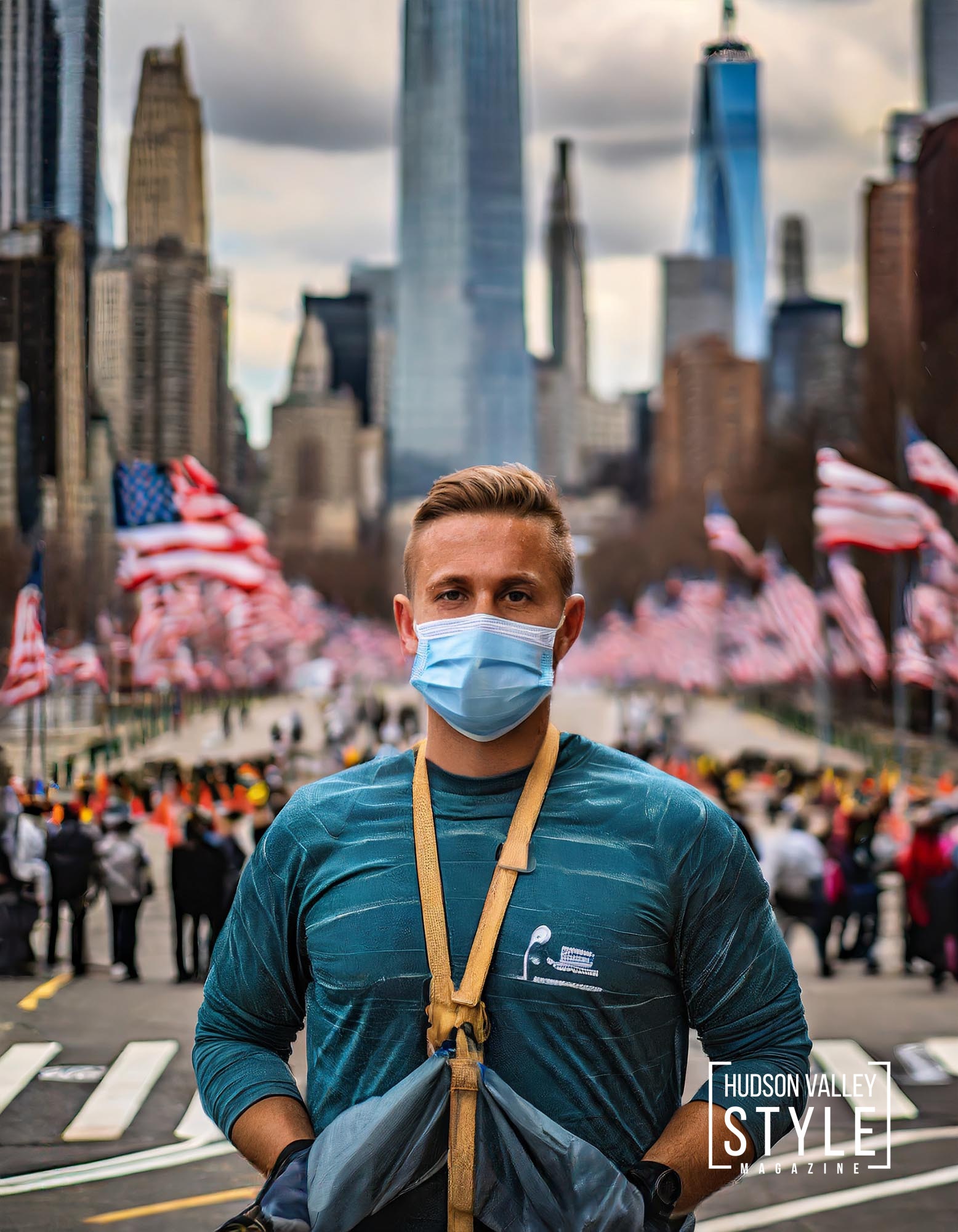The COVID-19 pandemic has triggered an unprecedented global response, with governments around the world implementing various measures to curb the spread of the virus. One of the most controversial and widely used strategies has been the lockdown of entire cities or even entire countries. While these measures were implemented with the best intentions to protect public health, there are compelling arguments to suggest that widespread lockdowns can be seen as a failure in the grand scheme of managing a pandemic. This article explores simple logical reasons why lockdowns of entire cities or countries during a pandemic may not be the most effective strategy.
The Failures of Lockdowns: Assessing the Impact on Entire Cities and Countries During a Pandemic – by Maxwell Alexander, EIC, Hudson Valley Style Magazine
- Economic Consequences
One of the most obvious and immediate consequences of lockdowns is the severe impact on economies. Entire industries, including travel, hospitality, and retail, have been hit hard by these measures. Lockdowns result in business closures, job losses, and financial hardship for millions of people. The economic downturn affects not only individuals but also the state, leading to reduced tax revenue and increased spending on welfare and healthcare. Ultimately, the economic ramifications of lockdowns can be severe and long-lasting, contributing to increased poverty and social inequality.
- Mental Health Issues
Lockdowns can have a profound impact on mental health. Isolation, uncertainty, and anxiety are common byproducts of prolonged lockdowns. People are forced to stay indoors, away from social interactions, and deal with the stress of the pandemic. There is an increase in reports of depression, anxiety, and other mental health issues during lockdowns, further adding to the public health crisis. The balance between curbing the virus and maintaining mental well-being is a challenging one, and lockdowns often tip the scale towards the latter.
- Unequal Burden
Lockdowns disproportionately affect vulnerable populations, including low-income individuals, minorities, and essential workers. These groups are more likely to live in crowded conditions and have jobs that cannot be done remotely. Lockdowns exacerbate existing inequalities by widening the income and health gap. In essence, those who can afford to stay home do so, while others continue to work in high-risk environments, exposing themselves and their families to the virus.
- Education Disruption
Lockdowns disrupt educational systems, causing long-term harm to students, particularly those from disadvantaged backgrounds. Children miss out on crucial classroom learning, and the digital divide becomes more pronounced as not all students have access to technology and online resources. The negative impact of these disruptions is likely to be felt for years to come, with lower educational attainment and fewer opportunities for affected students.
- Erosion of Civil Liberties
Lockdowns often involve the erosion of civil liberties, with governments implementing strict measures that limit personal freedoms. This can set a dangerous precedent for the future, as citizens may become more accustomed to government control over their daily lives. The balance between public safety and individual liberties is a delicate one, and the widespread use of lockdowns may tilt it in an undesirable direction.
- Efficacy in Controlling the Virus
While lockdowns may slow the spread of a virus temporarily, they do not guarantee its elimination. In many cases, they only delay the inevitable, and when restrictions are lifted, cases may surge again. This stop-and-start approach can be exhausting and damaging to public trust in government measures. Furthermore, the cost of lockdowns may not always justify the marginal gains in virus control, especially if other measures like widespread testing, contact tracing, and vaccination campaigns are effectively implemented.
Lockdowns of entire cities or countries during a pandemic have been widely implemented, but their efficacy and overall impact on society are subjects of ongoing debate. While they may have short-term benefits in slowing the spread of a virus, the long-term consequences, including economic downturns, mental health issues, inequality, education disruption, and erosion of civil liberties, raise questions about their suitability as a primary strategy. As we continue to grapple with pandemics and public health crises, it is imperative to carefully assess the costs and benefits of such measures and consider alternative strategies that strike a better balance between protecting public health and preserving the overall well-being of society.





